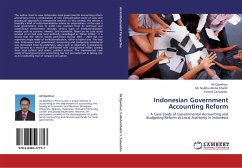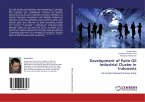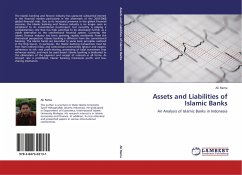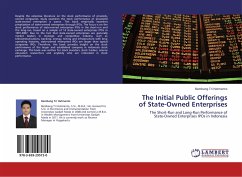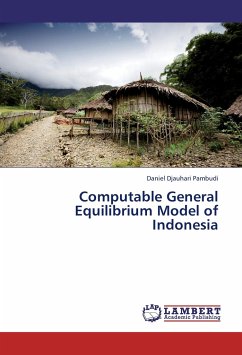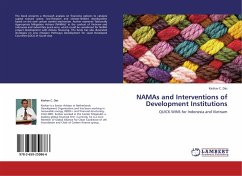The author tried to view Indonesian local governmental accounting reform phenomena from a combination of neo institutionalism point of view and processual approach in interpretive research. In this context, the reform is basically a kind of institutionalization where an organization, in this case a local government, tries to instill new routines from its technical and institutional environment through various types of institutionalization modes such as coercive, mimetic, and normative. Based on his case study located at an East Java local authority camuflaged as Ratan Ombo , it is found that the reform mostly performed during 2001 2007 did not represent single mode of institutionalization, rather a hybrid one. The way new Indonesian local government accounting and budgeting introduced was decoupled from its underlying values such as objectivity, transparency and fairness as it should be confronted with unsupported millieu coming from local culture and actors political interest. The implemented new mode of local government accounting has not succeeded yet in taking role as an eradicating tool of rampant corruption.
Bitte wählen Sie Ihr Anliegen aus.
Rechnungen
Retourenschein anfordern
Bestellstatus
Storno

